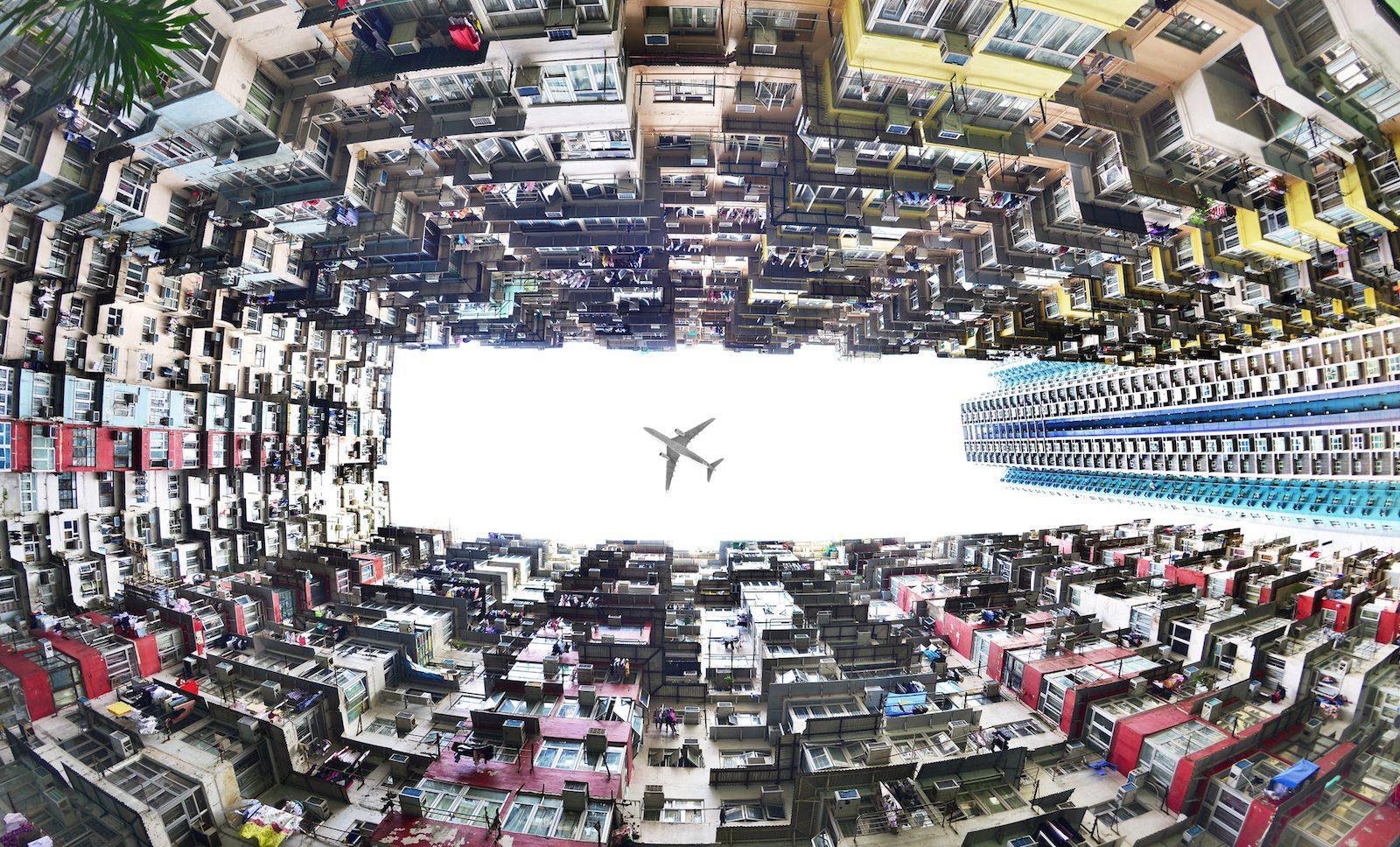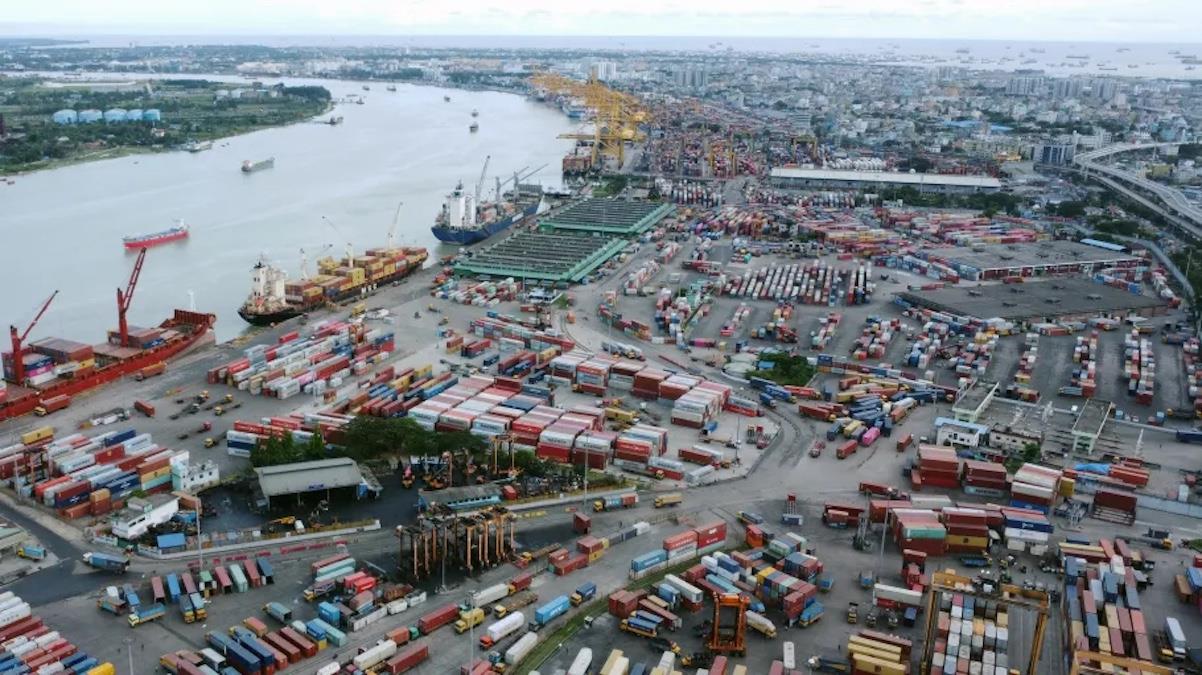
Bangladesh's Chattogram Port Deal Is No Foreign Sellout
The terminal will be fully financed by the foreign operator, built over three years, run under a contractual management period, and ultimately handed back to the government of Bangladesh.
Ownership remains firmly and legally with Bangladesh. Unlike a popular misbelief propagated by certain quarters, this is not the selling of a national asset, but rather the long-awaited professionalization of it.
For years, Chattogram has been the country's economic gateway. Almost 90% of Bangladesh's export-import container traffic flows through its docks. Yet its performance has consistently trailed the global standard.
In the World Bank's Container Port Performance Index, Chattogram has ranked 334th among 405 ports - an uncomfortable position for a country that is the world's second-largest apparel exporter and highly dependent on time-sensitive shipments.
According to a report cited by the Journal of Commerce, inefficiency at Chattogram has cost the Bangladeshi economy an estimated $1.1 billion a year in delays, penalties, and rerouted trade.
Containers have routinely languished inside the port for 10 to 12 days, and during peak congestion for as many as 14 to 20 days, instead of the global average of three to five. In modern supply chains, a five-day slip can mean a European buyer quietly shifting sourcing from Dhaka to Ho Chi Minh City the next season. Bangladesh has already paid this price.
Vietnam offers a compelling comparative lesson. In 2010, it invited internationally experienced terminal operators - including APM Terminals - into its Cai Mep port system. Within a decade, Cai Mep rose to become one of the most efficient ports in the world.
It now ranks among the top tier globally and supports direct ocean routes to the United States and Europe. This is because when professionals run critical supply infrastructure, corruption and bureaucracy give way to data-driven management and disciplined execution.
Latest stories
Great Game intensifies for Myanmar's Kachin rare earths

US plan taking shape to shrink China's shipbuilding lead

India-Taliban rapprochement: realism amid fractured geopolitics
APM Terminals, part of the AP Moller–Maersk conglomerate, operates more than 60 terminals across 33 countries and manages 10 of the world's top 20 ports. It has transformed underperforming terminals in Morocco, Malaysia, Mexico, and elsewhere into efficient logistics hubs serving multinational trade networks.
Bangladesh stands to gain from their technological sophistication, operational discipline, and institutional knowledge. The fear that“foreigners will own the port” misreads the structure of the arrangement.
APM Terminals is only the operator for a defined period; it finances the construction, runs the terminal, and trains Bangladesh's workforce. The port remains fully owned by Bangladesh.
The possible analogy, as given by Ashik Chowdhury, the executive chairman of Bangladesh Investment Development Authority (BIDA), is simple: the car is ours; they are hired to drive it better, faster, and more safely. This does not make the car theirs.
Critics have claimed that a 30-year operational term is excessive, but global precedent shows otherwise. Similar public-private partnership agreements elsewhere range from 50 to 60 years. In fact, Bangladesh's 30-year timeline is moderate and cautious.
It also avoids the trap that Sri Lanka fell into with its Hambantota port, where massive borrowing from China led to debt default and ultimately the transfer of controlling equity for 99 years. Bangladesh is borrowing nothing in this case.
It is assuming no debt, posting no collateral, and extending no sovereign guarantees. Instead, a foreign operator assumes the entire financial risk. If anyone is taking a gamble here, it is APM, not Bangladesh.
Questions about transparency have also circulated in public debate. Yet the operator selection involved tender-based procedures, technical and financial due diligence, and oversight from multiple government agencies and independent advisors.
The full text of public-private partnership agreements is rarely published anywhere in the world because they contain proprietary commercial details and sensitive negotiation terms, and disclosing them can compromise future bargaining positions.
Bangladesh has already made public the elements that matter: ownership structure, fee models, regulatory oversight, and national interest protections. This is consistent with guidelines from the Asian Development Bank and the World Bank. The implication that the contract is“secret” is more politically performative than factual.
The rationale for involving a global operator lies in its potential to infuse the port with technologies and processes that Bangladesh has not been able to fully implement on its own.
International-standard terminal operation systems, digital yard planning, RFID-based cargo tracking, automated gate processing, and AI-driven scheduling are not exotic luxuries. They are commonplace in major ports elsewhere.
They shorten container dwell time dramatically, sometimes from 12 days to just two or three. Every hour saved increases export reliability, reduces freight costs, and reinforces Bangladesh's reputation as a dependable manufacturing and trading hub.
Bangladesh stands to gain additional capacity of roughly 800,000 TEUs per year - a 44% jump - meaning larger vessels and eventually direct shipping links to markets that now require transshipment via Colombo, Singapore or Klang.
The country also gains a logistics-trained workforce, hundreds of direct jobs, thousands of indirect ones, and exposure to global best practices that local managers and engineers will eventually inherit and lead.

Sign up for one of our free newsletters
-
The Daily Report
Start your day right with Asia Times' top stories
AT Weekly Report
A weekly roundup of Asia Times' most-read stories
National security concerns are also misplaced. Customs, immigration, naval oversight, and coast guard authority remain entirely under Bangladeshi state supervision. Data localization requirements prevent external access to critical operational records. Foreign operators cannot override regulatory authority. The port's sovereign control remains intact.
The loudest opposition voices tend to come from three zones: political commentators with little operational grounding in port economics, rent-seekers who historically extracted informal payments from the port ecosystem, and entrenched bureaucratic interests that benefited from inefficiency.
Their outrage is less about national sovereignty than about the end of their earnings stream. Efficiency threatens them in a way inefficiency never did.
Bangladesh faces a decisive moment. If it aspires to transform from a $460 billion economy to one approaching a trillion, logistics reform is not optional - it is imperative. Delays in ports translate into delays in industrial growth. A country that exports 4 million containers a year cannot afford 12-day dwell times in a globally competitive supply chain landscape.
By unlocking the potential of its primary port, Bangladesh is not surrendering control - it is reclaiming competitiveness. In time, it may look back on this deal not as a concession to foreign expertise, but as the moment when Chattogram finally stopped being a bottleneck to trade and became a driver of national growth.
Abu Jakir is a journalist based in Dhaka
Sign up here to comment on Asia Times stories Or Sign in to an existing accounThank you for registering!
An account was already registered with this email. Please check your inbox for an authentication link.
-
Click to share on X (Opens in new window)
Click to share on LinkedIn (Opens in new window)
LinkedI
Click to share on Facebook (Opens in new window)
Faceboo
Click to share on WhatsApp (Opens in new window)
WhatsAp
Click to share on Reddit (Opens in new window)
Reddi
Click to email a link to a friend (Opens in new window)
Emai
Click to print (Opens in new window)
Prin

Legal Disclaimer:
MENAFN provides the
information “as is” without warranty of any kind. We do not accept
any responsibility or liability for the accuracy, content, images,
videos, licenses, completeness, legality, or reliability of the information
contained in this article. If you have any complaints or copyright
issues related to this article, kindly contact the provider above.

















Comments
No comment